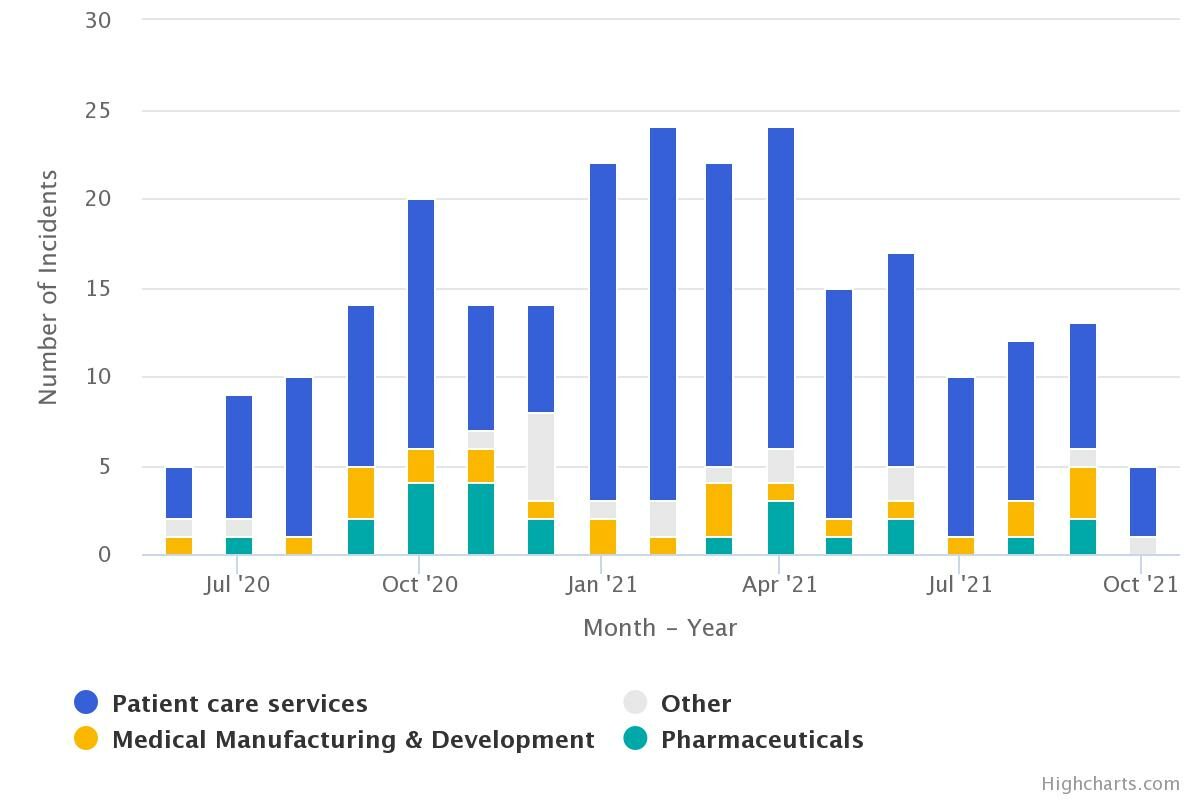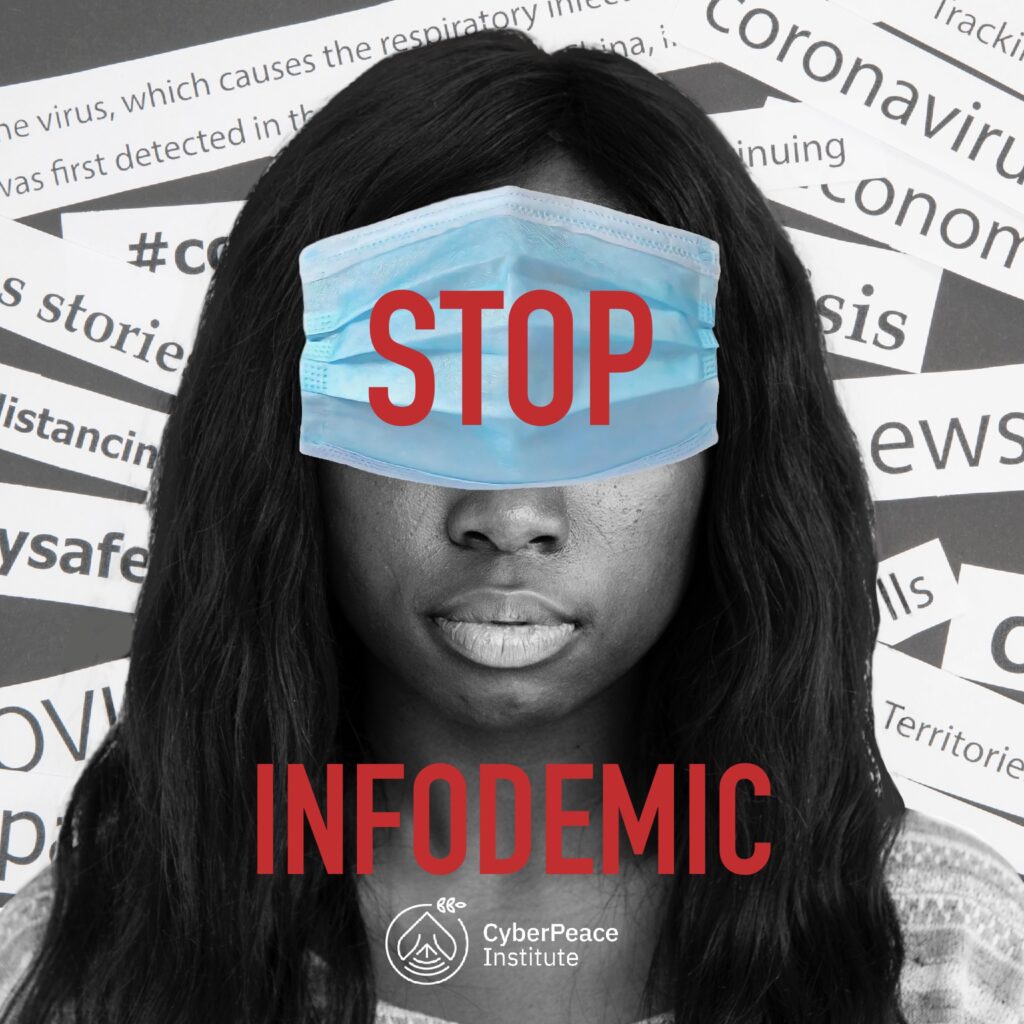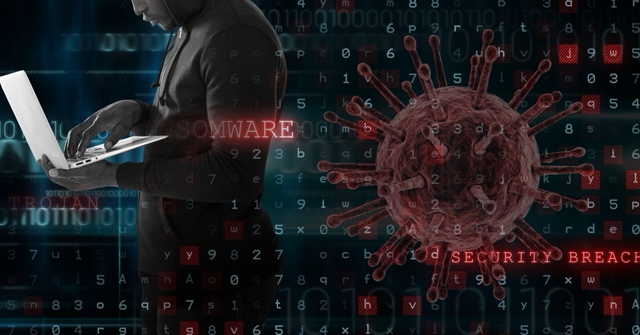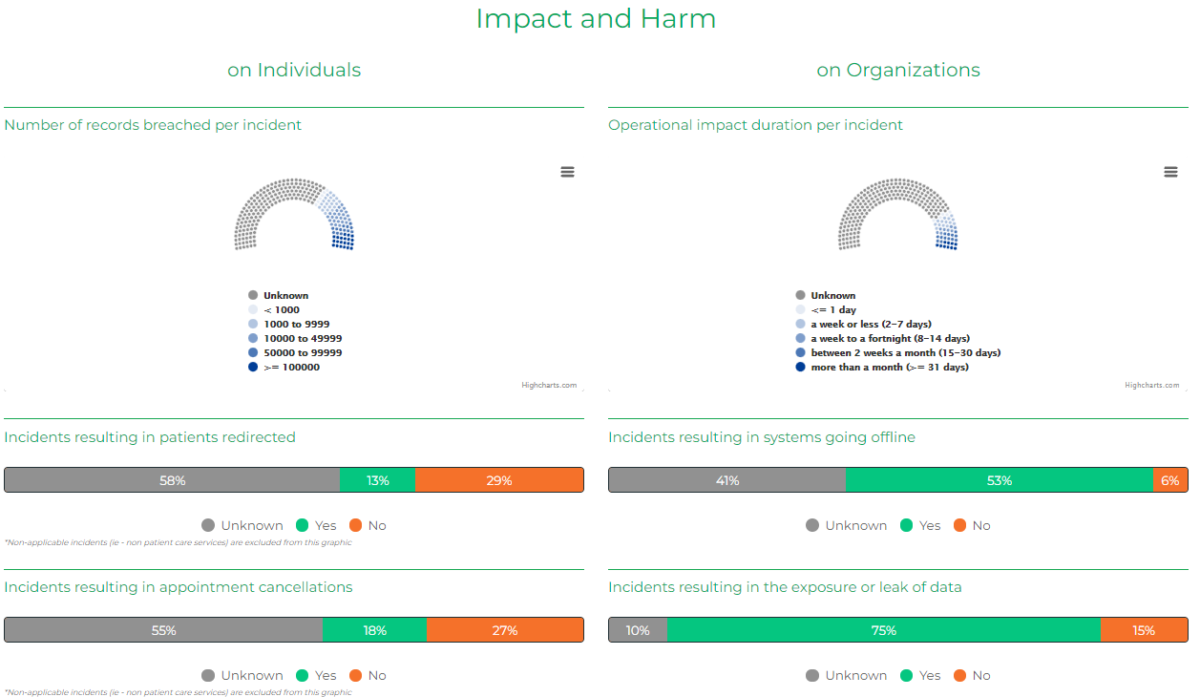With a leadership team dominated by World Economic Forum (WEF) members and Agenda contributors, the CyberPeace Institute is mapping and tracking cyberattacks on healthcare systems with a new Cyber Incident Tracer to better understand the societal impact of disruptive attacks like ransomware and data breaches.
“CIT #HEALTH will be a useful resource for a wide range of audiences from policy makers, healthcare professionals, cybersecurity experts, civil society organizations to the media” — CyberPeace Institute
Beta-launched on October 5, 2021, the Cyber Incident Tracer (CIT) #Health platform contains data on over 250 cyberattacks against the healthcare sector in over 34 countries going back to June, 2020, and it is meant “to capture the realities of cyberattacks on healthcare, and, ultimately, on people.”
“CIT #HEALTH will be a useful resource for a wide range of audiences from policy makers, healthcare professionals, cybersecurity experts, civil society organizations to the media. It will be updated regularly based on data accessibility,” according to the CIT about page.
The CyberPeace Institute’s seven-member leadership team is made up of six contributors to the World Economic Forum Agenda, including three members that hold, or have previously held, leadership roles at the WEF’s Centre for Cybersecurity.
Initial donors to the CyberPeace Institute were the Hewlett Foundation, Mastercard, Microsoft, the Ford Foundation, and Facebook.
The insitute’s Chief Public Policy Officer is also a senior fellow at the Atlantic Council, which partnered with Facebook to monitor election “misinformation.”
- Bruno Halopeau: Head of Cyber Resilience at the World Economic Forum Centre for Cybersecurity and Chief Technology Officer at CyberPeace
- Francesca Bosco: Project Lead on Cyber Resilience at the World Economic Forum Centre for Cybersecurity and Chief of Staff at CyberPeace
- Adrien Ogée: Project Lead on Cyber Resilience at the World Economic Forum Centre for Cybersecurity and Chief Operating Officer at CyberPeace
- Marietje Schaake: Stanford University’s Cyber Policy Center’s International Policy Director and President at CyberPeace
- Stéphane Duguin: Head of the European Union Internet Referral Unit within Europol and Chief Executive Officer at CyberPeace
- Charlotte Lindsey-Curtet: International Committee of the Red Cross’s Director of Communication and Information Management and Chief Communication Officer at CyberPeace
- Klara Jordan: Senior Fellow at the Atlantic Council and Chief Public Policy Officer at CyberPeace
CyberPeace also works closely with BI.ZONE, which hosts the Cyber Polygon cyber pandemic preparedness training exercise in collaboration with the WEF.
In June, 2020, BI.ZONE partnered with CyberPeace’s Cyber4Healthcare program to provide “cybersecurity support to medical organizations engaged in the COVID-19 response.”
Stephane Duguin, CEO of CyberPeace, was also a speaker at Cyber Polygon 2020.
“We are very excited to work with BI.ZONE to bring assistance to healthcare organizations so they can continue protecting human life during the pandemic” — Stéphane Duguin, CEO at the CyberPeace Institute
❗️Stop attacks on healthcare@CyberpeaceInst launch of the Cyber Incident Tracer (CIT) #HEALTH to capture the realities of cyberattacks on #healthcare, and, ultimately, on people.
👉https://t.co/JWMrqogRu4 #CyberPeace #CITHealth https://t.co/l6pwefL08C— BI.ZONE (@bizone_en) October 5, 2021
“We all know, but still pay insufficient attention to, the frightening scenario of a comprehensive cyber attack, which would bring a complete halt to the power supply, transportation, hospital services, our society as a whole” — Klaus Schwab, July 8, 2020
Speaking at Cyber Polygon 2020, World Economic Forum Founder Klaus Schwab warned of a coming cyber pandemic that would bring essential services like healthcare to a crippling halt and wreak havoc on society.
“We all know, but still pay insufficient attention to, the frightening scenario of a comprehensive cyber attack, which would bring a complete halt to the power supply, transportation, hospital services, our society as a whole,” Schwab said at last year’s cyber pandemic training event.
“The COVID-19 crisis would be seen in this respect as a small disturbance in comparison to a major cyber attack,” he added.
In May, 2021, Ireland’s Health Service Executive (HSE) was hit with a ransomware attack that forced it to shut down all of its IT systems.
Ireland’s Minister of State for Public Procurement and eGovernment said at the time that it was “possibly the most significant cybercrime attack on the Irish State.”
Now, CyberPeace will look to map, monitor, and track cyberattacks on healthcare systems (like the one on Ireland’s HSE) while helping to analyze their societal impacts.
“The CIT #HEALTH platform represents the next step in the CyberPeace Institute’s commitment to protect healthcare against cyberattacks and irresponsible behavior” — CyberPeace Institute

Cyber incidents over time (by month). Image Source: CyberPeace CIT #Health platform
According to CyberPeace, “The CIT #HEALTH platform represents the next step in the CyberPeace Institute’s commitment to protect healthcare against cyberattacks and irresponsible behavior, to increase visibility on the problem, and to ensure that appropriate actions and accountability mechanisms are put in place.
“This project builds on our previous efforts such as the Call to Governments, launched in May 2020 with the International Committee of the Red Cross (ICRC) to stop all cyberattacks on healthcare professionals, facilities, and organizations; and operationalizes the recommendation advanced in our thematic report ‘Playing with Lives: Cyberattacks on Healthcare are Attacks on People’ to document attacks and analyze their human and societal impact.”
Cyberattacks can pose a threat to human lives, especially when targeted at healthcare. This problem is addressed in the report of our international partner @CyberpeaceInst. The document has been prepared with the support of https://t.co/tFmTdItt4o experts.
Learn more⬇️ https://t.co/iLhkqq8BsX
— BI.ZONE (@bizone_en) March 11, 2021
Published in March, 2021 by CyberPeace’s Cyber4Healthcare program, the “Playing with Lives: Cyberattacks on Healthcare are Attacks on People” report was prepared “with the support of BI.ZONE experts.”
“As a cornerstone of the Cyber4Healthcare program, the Report consolidates scattered information for the first time, demonstrating the complexity, magnitude and scope of the cyber threat to healthcare, from ransomware through disinformation to COVID-19-related cyberespionage,” according to the launch description.
Spearheaded by the CyberPeace Institute, the Cyber4Healthcare program counts BI.ZONE and Microsoft among its partners.
“If an infodemic thrives, and with it cyberattacks accelerate, it is because we consume and spread disinformation and misinformation” — Stephane Duguin, CEO at CyberPeace

Image Source: CyberPeace Institue
Messaging coming from CyberPeace’s Cyber4Healthcare program mirrors that of Cyber Polygon, with both agreeing that disinformation is a digital plague leading to an “infodemic,” and that the path forward is through the WEF’s stated mission of fostering private-public collaborations — a closer union of corporation and state.
According to a July, 2020 blog post by CyberPeace CEO Duguin, “The forms of infodemics may vary, but at their core they all share the same DNA: to alter people’s perception of reality, control their beliefs, change how things are presented and manipulate behavior.”
“If an infodemic thrives, and with it cyberattacks accelerate, it is because we consume and spread disinformation and misinformation,” he added.
“The forms of infodemics may vary, but at their core they all share the same DNA: to alter people’s perception of reality, control their beliefs, change how things are presented and manipulate behavior” — Stephane Duguin, CEO at CyberPeace
“Beyond facilitating cyberattacks, the infodemic represents a unique menace to all concepts of peace, not only in cyberspace but also in the public sphere” — Stephane Duguin, CEO at CyberPeace
The World Economic Forum has been prepping for a looming “cyber pandemic” that Founder Klaus Schwab says would be worse than the COVID-19 pandemic.
In his welcoming remarks at Cyber Polygon 2021, WEF Founder Klaus Schwab warned that “a lack of cybersecurity has become a clear and immediate danger to our society worldwide.”
“A cyber attack with COVID-like characteristics would spread faster and farther than any biological virus” — World Economic Forum
“We need to build IT infrastructures that have digital antibodies built-in inherently to protect themselves” — Klaus Schwab, Cyber Polygon 2021
This year, Schwab remarked, “We have seen in the past few months, for example, ransomware attacks targeting hospitals, critical infrastructure, school systems, the power grid, and many other essential services.
“Citizens are feeling the repercussions of cyberattacks directly.
“Citizens are impacted by energy shortages, delayed medical treatment, and other effects this new breed of audacious cyberattacks causes.”
His solution?
“We have to move from simple protection to immunization,” said Schwab.
“We need to build IT infrastructures that have digital antibodies built-in inherently to protect themselves,” the WEF founder added.
The World Economic Forum has been exceptionally prophetic in preparing for crises just before they happen.
For example, just a few months before the COVID-19 coronavirus outbreak, the WEF, along with the Johns Hopkins and the Bill and Melinda Gates Foundation, held a fake pandemic exercise on October 18, 2019 called Event 201, which specifically simulated a coronavirus pandemic to gauge global preparedness.
Many scenarios coming out of Event 201 became reality in 2020 and 2021 including government lockdowns, social media censorship, global economic crashes, and societal upheaval.
“An attack on healthcare is thus an attack on society as a whole” — CyberPeace Institute
According to the CyberPeace “Playing with Lives: Cyberattacks on Healthcare are Attacks on People” report, “For every attack on healthcare there is an impact on society.
“Society globally is an indirect victim of attacks on healthcare as everyone at some point in their lives seeks medical treatment.
“An attack on healthcare is thus an attack on society as a whole, and more specifically on vulnerable persons in need of medical treatment.
“Ultimately, society as a whole suffers the consequences of an erosion in the security and credibility of the healthcare sector. This creates risks to life and public health, notably through inequitable access to care, and a digital divide between those who can access/finance safe and secure healthcare and those who cannot,” the report adds.
“We call on governments to work together and to join forces with civil society and the private sector to ensure that medical facilities are respected and protected, and to hold perpetrators accountable” — CyberPeace Institute
The WEF says that a coming cyber pandemic is all but inevitable. Cybersecurity experts agree that attacks on healthcare systems are on the rise and that healthcare is especially vulnerable to malicious cyberattacks capable of wreaking havoc on society.
Last year in May, the CyberPeace Institute called on governments “to work together and to join forces with civil society and the private sector to ensure that medical facilities are respected and protected, and to hold perpetrators accountable.”
Additionally, the institute called on “the world’s governments to take immediate and decisive action to stop all cyberattacks on hospitals, healthcare and medical research facilities, as well as on medical personnel and international public health organizations.”
Prepping for a cyber pandemic: Cyber Polygon 2021 to stage supply chain attack simulation
A timeline of the great reset agenda: from foundation to Event 201 and the pandemic of 2020
Cyber Polygon furthers great reset agenda of centralized power & surveillance
How healthcare is vulnerable to cyber attacks, assassinations & geopolitical agendas













